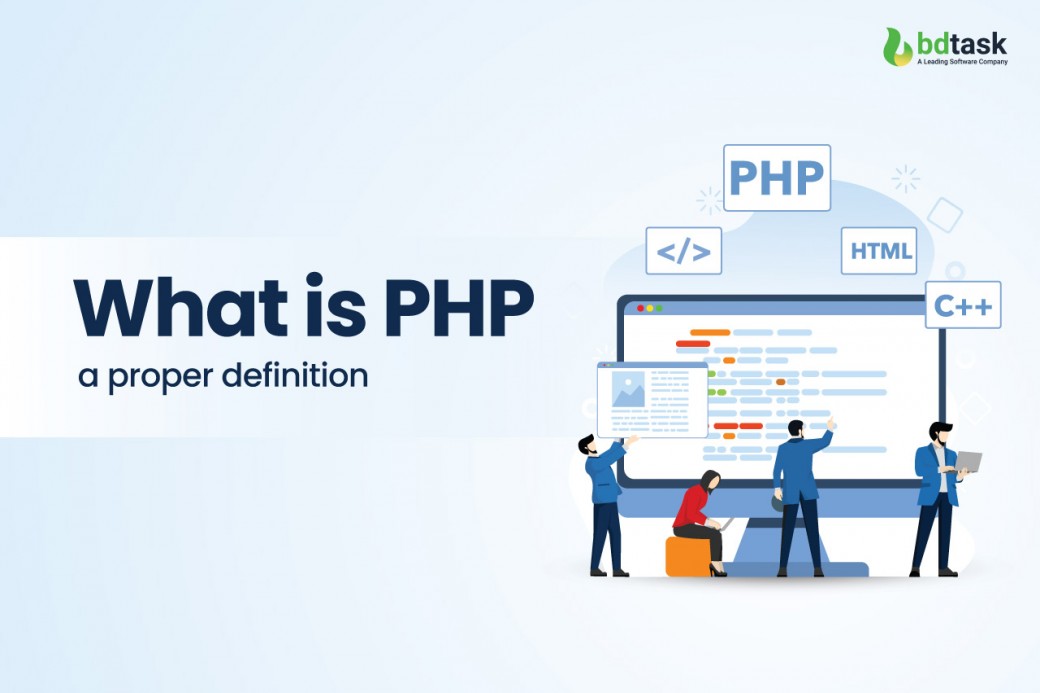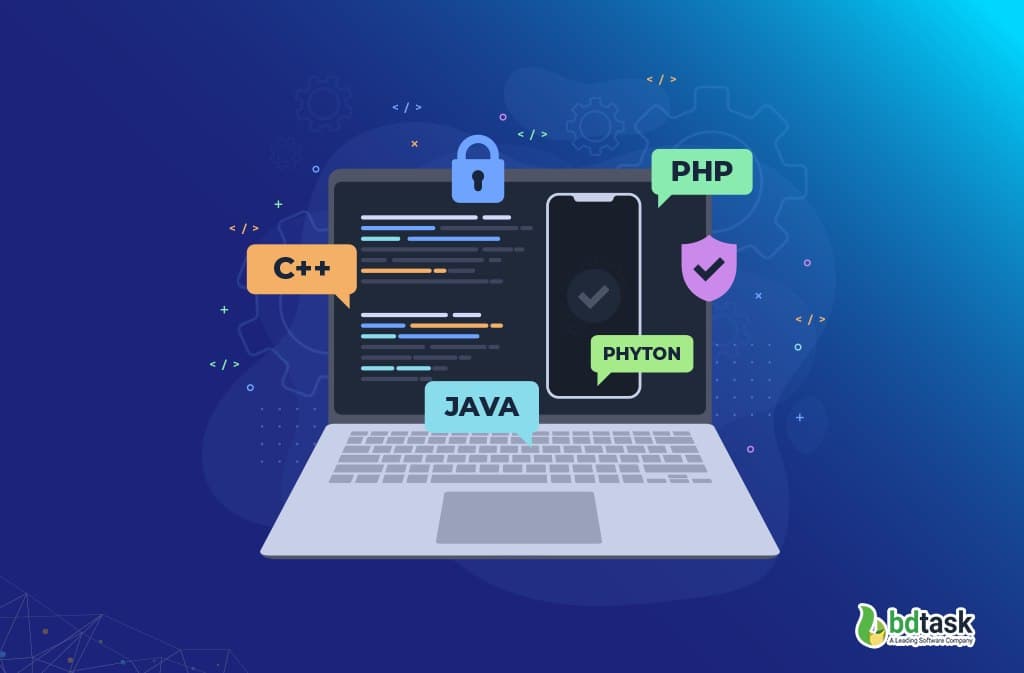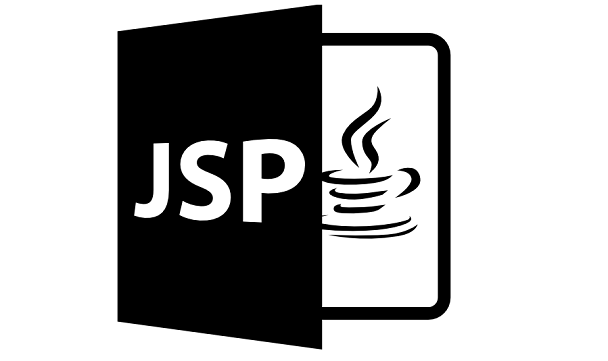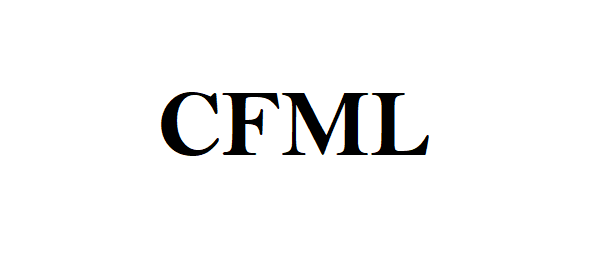What is PHP? What is PHP used for? Common Usage of PHP

The name PHP will come automatically when you are talking about website development or web application development. Over the years, it has remained among developers' top choices for its ease of use and simple coding structure. But why is it so popular?
If you are a new web developer or would like to get an idea about this blog is the perfect solutions for you. The ultimate guideline of basics of PHP and what is used for. Stop scrolling and start fresh.
Let's learn about PHP.
What is PHP - A Proper Definition
PHP stands for Hypertext Pre-processor, which is formally used for Personal Home Pages.
PHP is an object-oriented, open-source, and server-side scripting language. It is to develop static websites, dynamic websites, and web applications. To execute any PHP program, you need to install it on a local host or web host. Only servers that have PHP installed can edit PHP scripts.
Accessing the PHP script requires a web browser only. PHP file contains PHP tags and ends with a .php extension. It is free to download and use.
Why Use PHP?
Without a doubt, PHP is the oldest and most widely used programming language. A lot of reasons why people and many organizations use this code.
79% of websites use this programming language (source-W3Techs). let's take a look at why this programming language is so popular and still in 2025 coders use it as their mandatory programming language.
- Open Source and Free
- Almost all necessary documents and videos are available
- Large community support
- Supported by almost all hosting servers
- Easy Integration with HTML
- The learning curve is short compared to other languages
- Built-in support
- PHP is cross-platform
- Runs efficiently on the backend or server-side
- Easy to learn
- Easy to connect with databases.
MySQL is the most used database for PHP. There are other databases also include:
- Oracle
- Postgres
- MS SQL Server
- ODBC etc.
Examples of PHP’s Popularity
PHP is the most popular backend or server-side scripting language. The best blogging system on the web, WordPress is made with Php. The most popular social network Facebook is also made with Php. Check the list of some of the popular websites built with PHP including:
- Wikipedia
- Microsoft
- Tumblr
- WordPress
- Mailchimp
- Etsy
- Zoom
- Vk
- Yahoo
- Canva
- Slack
- Flickr
- BigCommerce
- 17ok
- Skillshare
- Instructure
- 360
- Sina
What is PHP Syntex
PHP file contains PHP tags . A PHP file can contain many more tags, such as HTML, and front-side scripts like Javascript. But the default extension of PHP is .php.
Why is it used precisely? It is used to maintain the code written consistently and clearly. It also helps to enable the compiler or interpreter to interpret the instructions correctly.
Valid PHP File Extensions
Currently, the most common valid file extension is “.php”. But sometimes some of the other extensions are also used in PHP files. For that, they use the below extensions.
- .phtml
- .php3
- .php4
- .php5
- .phps
What Are The Latest Versions of PHP
The journey began in 1994 and its frist version was released in 1995. After that, they continuously upgraded the PHP version and for the frist time, they introduced Zend Engine in PHP 3.
|
PHP version |
Release Date |
Support EOL |
|
1.0 |
June 8, 1995 |
- |
|
2.0 |
November 1, 1997 |
- |
|
3.0 |
June 6, 1998 |
October 20, 2000 |
|
4.0 |
May 22, 2000 |
June 23, 2001 |
|
5.0 |
July 13, 2004 |
September 5, 2005 |
|
5.1 |
November 24, 2005 |
August 24, 2006 |
|
5.2 |
November 2, 2006 |
January 6, 2011 |
|
5.3 |
June 30, 2009 |
August 14, 2014 |
|
5.4 |
March 1, 2012 |
September 3, 2015 |
|
5.5 |
June 20, 2013 |
July 10, 2016 |
|
5.6 |
August 28, 2014 |
December 31, 2018 |
|
7.0 |
December 3, 2015 |
December 3, 2018 |
|
7.1 |
December 1, 2016 |
December 1, 2019 |
|
7.2 |
November 30, 2017 |
November 30, 2020 |
|
7.3 |
November 28, 2019 |
December 6, 2021 |
|
7.4 |
August 28, 2019 |
November 28, 2022 |
|
8.0 |
November 26, 2020 |
November 26, 2023 |
|
8.1 |
November 25, 2021 |
November 25, 2024 |
|
8.2 |
November 24, 2022 |
November 24, 2025 |
|
8.3 |
November 23, 2023 |
November 23, 2026 |
|
8.4 |
November 21, 2024 |
Continue |
The latest version is 8.4: Released on November 21, 2024. PHP 8.4 is much faster and has improved error handling. But the most popular PHP is 7.4.
Most Popular PHP Frameworks
Now websites have become more complex and perform much better than before. For that, almost 80% of websites are backed by PHP frameworks. We have a shortlist of the best and most popular PHP frameworks.
- Laravel
- Codeigniter
- Symfony
- Phalcon
- CakePHP
- Symfony
- Zend
- FuelPHP
- Yii 2
- PHPixie
- Laminas
- Slim Framework
So now come to the main question. With this framework what will bring? What is the proper advantage of using this framework? It helps in many ways including
- Dynamic page creation
- Can create, delete, add, close, read, write, open, modify possible
- Data encryption
- Database edit
- Cookies receive and send
- User Access Control
What is Scripting Language?
Scripting or Scripting language is a programming language, a set of instructions that automates the execution of tasks and interprets at run time.
The script language aims to enhance the performance and do the task sequentially for an application. HTML is used to perform client-side and server-side operations. Both client-side and server-side are embedded in the HTML page. There are many scripting languages including
- Bash
- Node js.
- Ruby
- Python
- Perl
- ASP.net
There are some differences between scripting language and the programming language through. Check the main difference below.
Difference Between Scripting Language and Programming Language
Every scripting language is basically a programming language. However, the main difference between them is the execution process.
Scripting Language
- It is used for the routine task.
- Without compiling execution possible
- It is embedded in other software environments.
- Interpreter-based languages
- Don't create any file types
- Require hosts for final output
An example of scripting language is
- VB Script, Perl, Ruby, PHP, JavaScript, etc.
Programming Language
- To develop any kind of web application, PHP is the best language for the server side.
- Before execution, compilation is mandatory.
- No need to embedded with other software
- Compiler based language
- Programming language creates .exe file types
Some examples of programming languages are
- C, C++, COBOL, Basic, VB, C#, Pascal, Java, etc.

What Is PHP Used for - Market Conditions?
According to W3Techs' data, PHP is used by 78.9% of all websites worldwide. The web development market php is undeniable. Over two decades, it has spread its popularity and is still doing so. In every industry, the use rate of this programming language is increasing.
From social sites(Facebook, Digg) to blogging platforms, e-commerce (Prestashop, Magento, Opencart, etc.), mailing platforms (Yahoo), and other sectors are rapidly increasing. It's a dominant force in the web development sector. This scripting language offers a lot of resources, such as commands, functions, and codes, which can easily be rewritten and used without incurring any cost. Many organizations also use PHP in their custom software development project.
Comparison Between PHP and Other Languages

PHP
PHP stands for Hypertext Pre-processor.
- Easy to Learn
- Open-source
- Supported by almost all web hosting
- Easily integrate with HTML.
- Extended possible with other languages
- MySQL is Native and supported by other Databases.
- Web services support built-in.
ASP
ASP stands for Active Server Pages.
- Moderately difficult to learn
- ASP is not an open-source
- Needs a dedicated hosting server.
- Complex integrates with HTML
- Extended is not possible with other languages
- Needs third-party drivers to connect with Database
- Web services use the .Net framework.
JSP
JSP stands for Java Server Pages.
- Difficult than PHP
- Open-source
- Fairly supported by web hosting.
- Complex integrates with HTML
- Extend possible using Java classes and libraries
- Needs third-party drivers to connect with Database
- Web services use add-on libraries.
CFML
CFML stands for Cold Fusion Markup language.
- Difficult than PHP
- It is available for commercial and open-source
- Needs a dedicated hosting server
- Easily integrate with HTML
- Extended possible with other languages
- Native support is available for the current version, but older versions use ODBC
Final Note
PHP widely used scripting language for the server side. Almost every kind of website uses PHP. Advanced web applications like management tools are CMS, eCommerce, Hospital, Pharmacy, HRMS, ERP, Inventory, LMS, Restaurant and Hotel Management, VMS, Blockchain, Chatbot, etc. with PHP and PHP framework.
If you’re a beginner, then learn the basics of HTML, what is PHP used for, and learn CSS and Javascript. The future of PHP does not end yet think about 78% market share.













